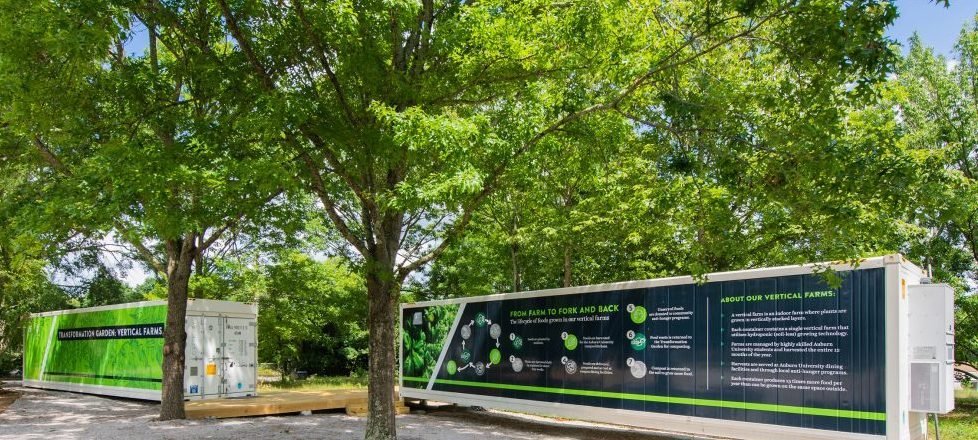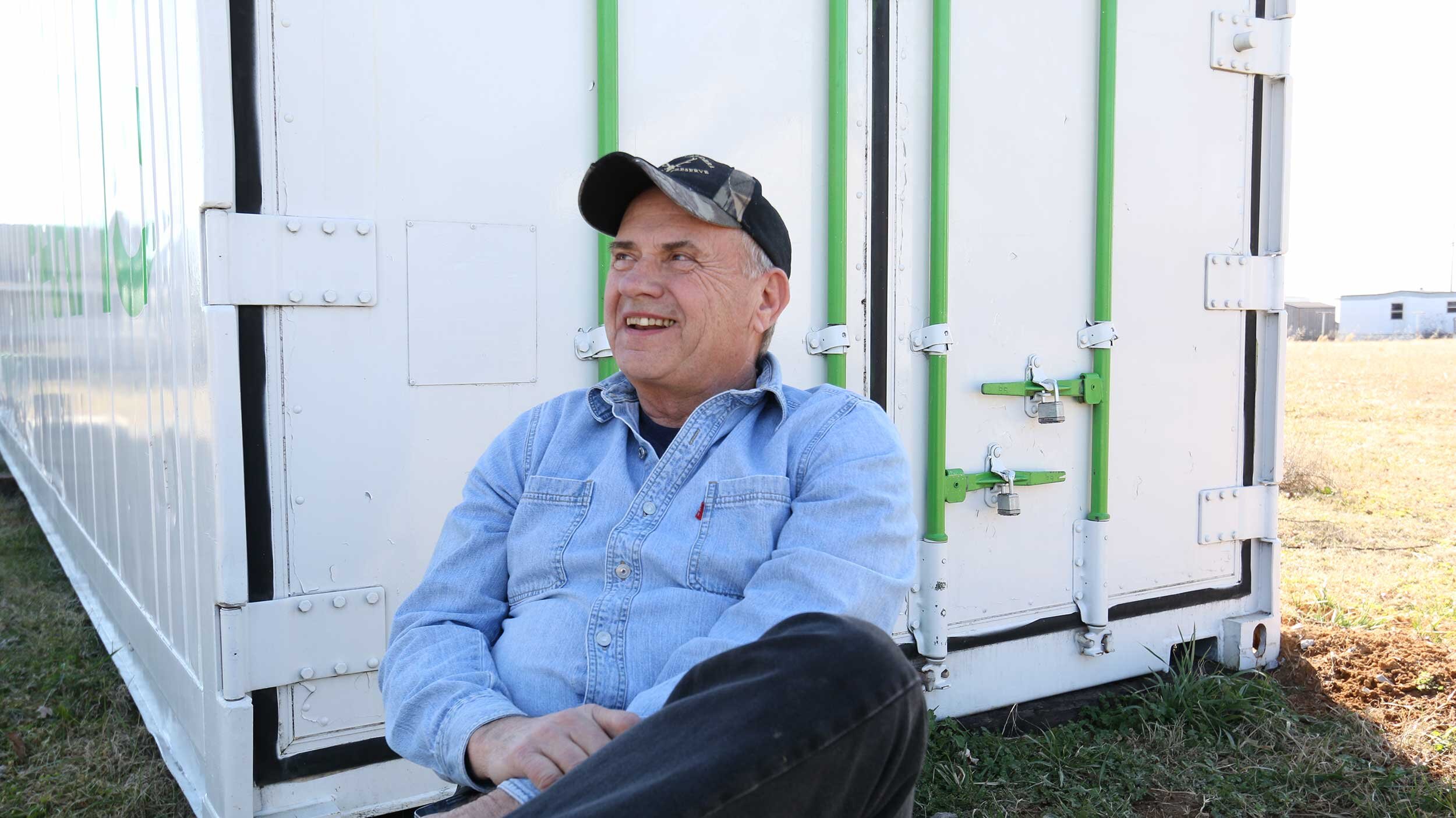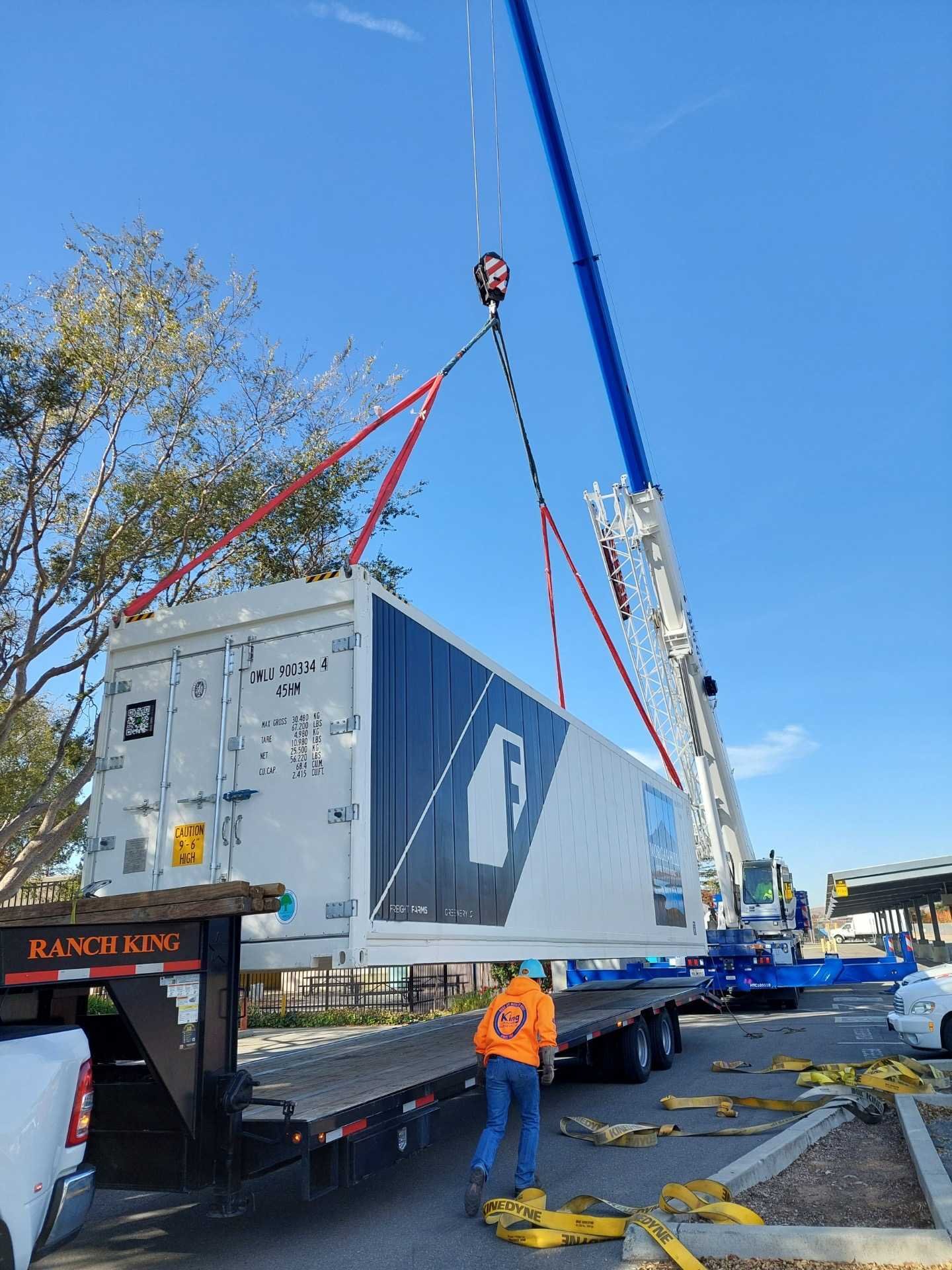Find Your Farm Financing
The Growcer Fund
Freight Farm growers now have access to the Growcer Fund. Introduced in 2024 by Growcer, the parent company of Freight Farms, this farm-as-a-service model makes it easier for communities everywhere to begin growing by cutting upfront costs by up to 75 percent.
The Fund lowers barriers so schools, nonprofits, and community groups can move more quickly toward their goals of food security, sovereignty, and resilience, while staying focused on what matters most: providing fresh, reliable, and nutritious food close to home.
How it Works
With the Growcer Fund, we partner with you to bring your farm to life:
We provide the modular farm, capital maintenance, and ongoing technical support.
You provide the site, run the farm, and distribute fresh produce locally.
This shared approach combines our technology and expertise with your local knowledge, making it possible to grow food year-round with less financial risk.
Why it Matters
✓ Lower upfront costs: Start your farm with up to 75 percent less capital.
✓ Security: Access best-in-class farming technology, training, and support.
✓ Flexibility: After 8 years, you can buy the farm outright or continue with the program.
✓ Impact: Join a network of growers producing millions of servings of fresh greens each year.
Ready to Explore?
The best way to understand if the Growcer Fund is right for you is to explore it with us directly. Submit the form below to start a conversation about your project.
To learn more about the Growcer Fund and other Growcer solutions, visit the Growcer website.






